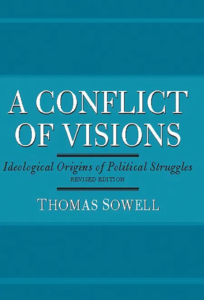A Question – Believe It or Not – That Haunted Me for Years!

Years ago, when I was actively writing short stories, I sent a dozen of them to the brother of a friend for a critique. He (the brother) was an award-winning Canadian author of novels and short stories.
Since a few of my earlier stories had received positive comments from published fiction writers who were kind enough to review them at writing conferences, I was hoping for positive feedback, since the ones I sent him (the brother) were more mature. And he was positive about some of them. But he criticized others as “anecdotes” rather than “stories.” I should have asked him what he meant by that. Instead, I spent years trying to figure it out on my own.
All those with literary ambitions believe they have at least one novel inside them waiting to be put into print and stun the world. The great majority of such people never write their stories. And of those that do, I’d wager that 90 percent of them are written as anecdotes.
What’s the difference between a “genuine” work of fiction and an anecdote?
I figured it out, finally, just recently by reading a “story” sent to me by a family member. It was a first-person account of interesting aspects of his life, strung together in a sophisticated way with a strong sense of style and abundant literary diction. It was the sort of thing you would expect to read in The New Yorker.
But I could see that it was an anecdote. It was an anecdote because it was written the way anecdotes are told – about an incident in the person’s life that he/she found relevant and memorable.
Let me try to rephrase that as a formal definition: Anecdotes are first-person, autobiographical accounts formulated and recited to document some significant-to-that person incident or incidents in his/her life. However well-written and however literary the style, the distinguishing feature of anecdotes is that they are essentially memories, embellished by pride and shame and the desire to document and validate the teller’s existence.
I published my “stories” that were the closest to actual stories in my book Dreaming of Tigers. I saved the anecdotes – dozens of them – to be reworked when I figured out how to do it. So now, I’m going to go revisit the best of them.
My initial strategy will be to revise them from the first to the third person. I’m hoping that will force me to rethink the characters and the plot from the reader’s point of view. Then I’ll read them again with these questions in mind:
* This may be interesting to me. But will it be interesting to the reader?
* This is meaningful to me. But how can I make it meaningful to the reader?



